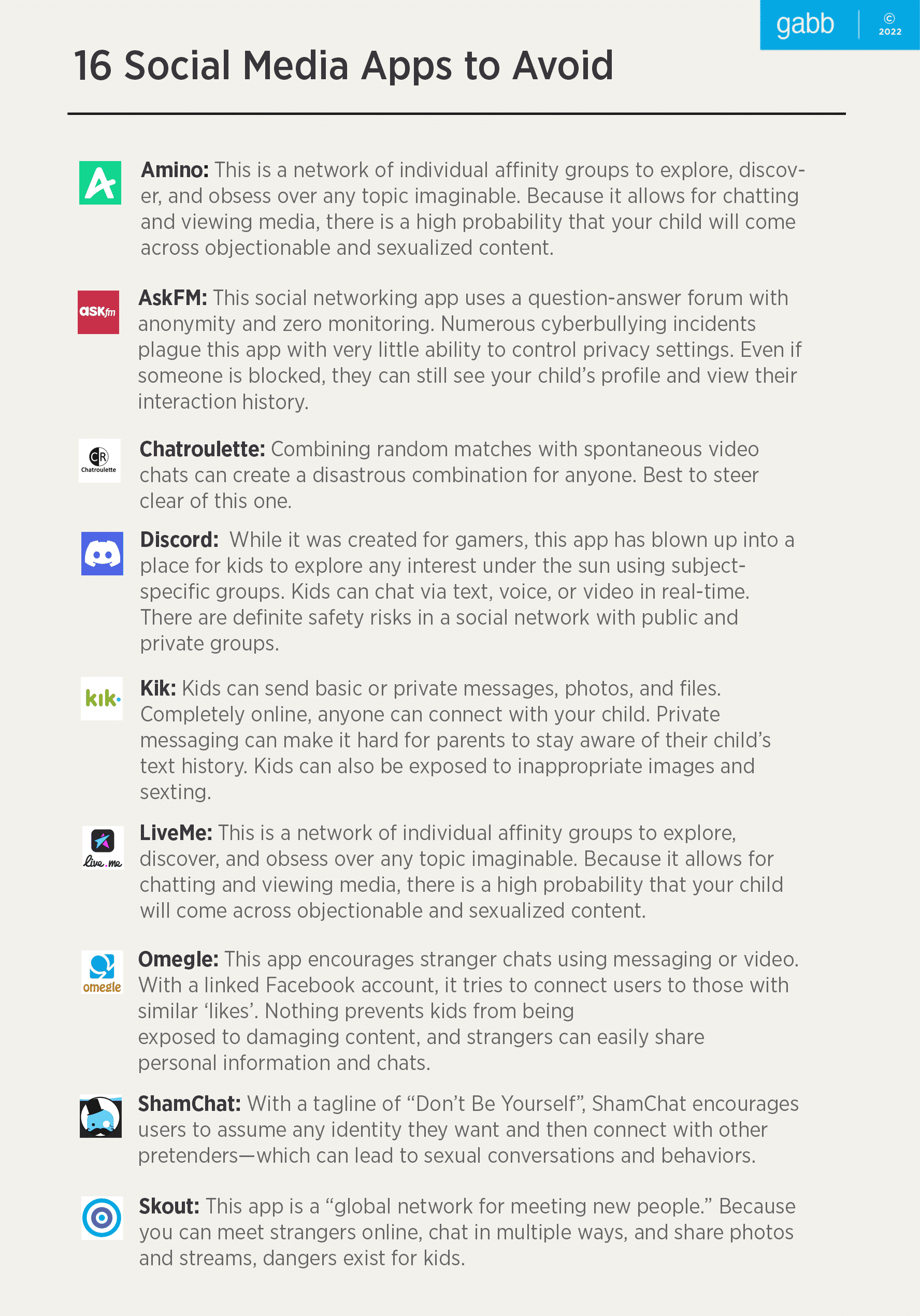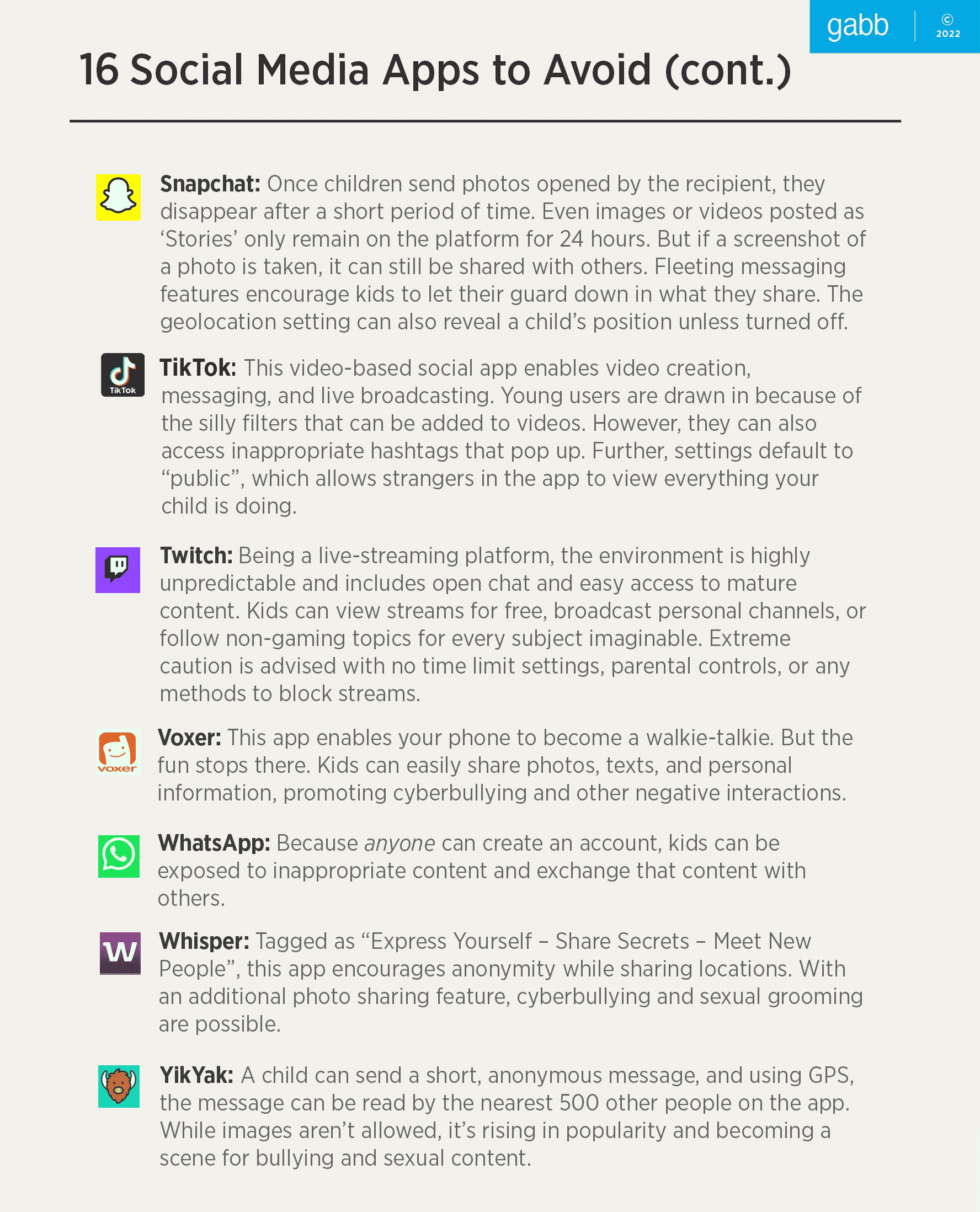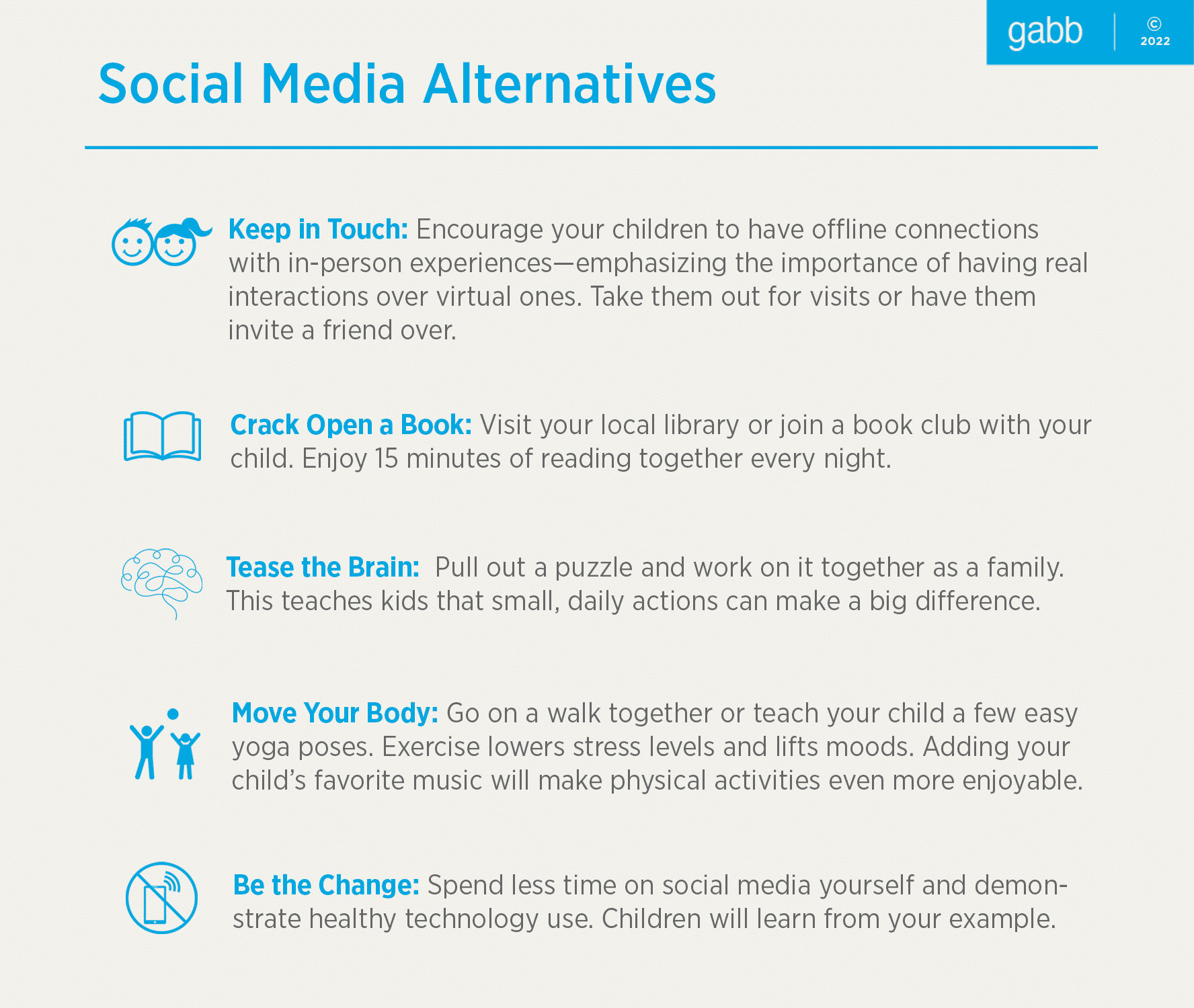There will come a time when young people are ready to explore social media, but exposure too soon can be damaging.
Social media platforms aren’t interested in protecting our children—their goal is to make money, plain and simple.
It’s no wonder kids are suffering as “body shaming, trolling, bullying, racism, and targeted advertising” are all social media norms. [1]
So, let’s consider the motivations of social media, how it impacts our children, and what families can do instead.

Social Media Motivations
Social media companies routinely put product growth above our children’s basic online safety.
They make quite a profit by identifying children, gathering user data, tracking user screen time, and selling all of this data to advertisers. Children are then specifically targeted, often with content that damages them.
We now know [Facebook] chooses the growth of its products over the well-being of our children.
—Senator Richard Blumenthal, D-Connecticut
Social media is created to keep our kids engaged—more time means more revenue—and money trumps people to these companies. The sooner these platforms can hook young children, the more they can maximize profits. [16]
Social Media Has Begun Targeting Very Young Audiences
The social media industry is constantly developing new apps for younger and younger kids to increase profit, even though these apps can lead to depression, anxiety, and low self-esteem in preschoolers. [8]
Parents now wonder whether apps directed at young children put them at risk or are a developmental benefit.
Spoiler alert—the platforms always cause harm in some way—developmentally, emotionally, and physically.
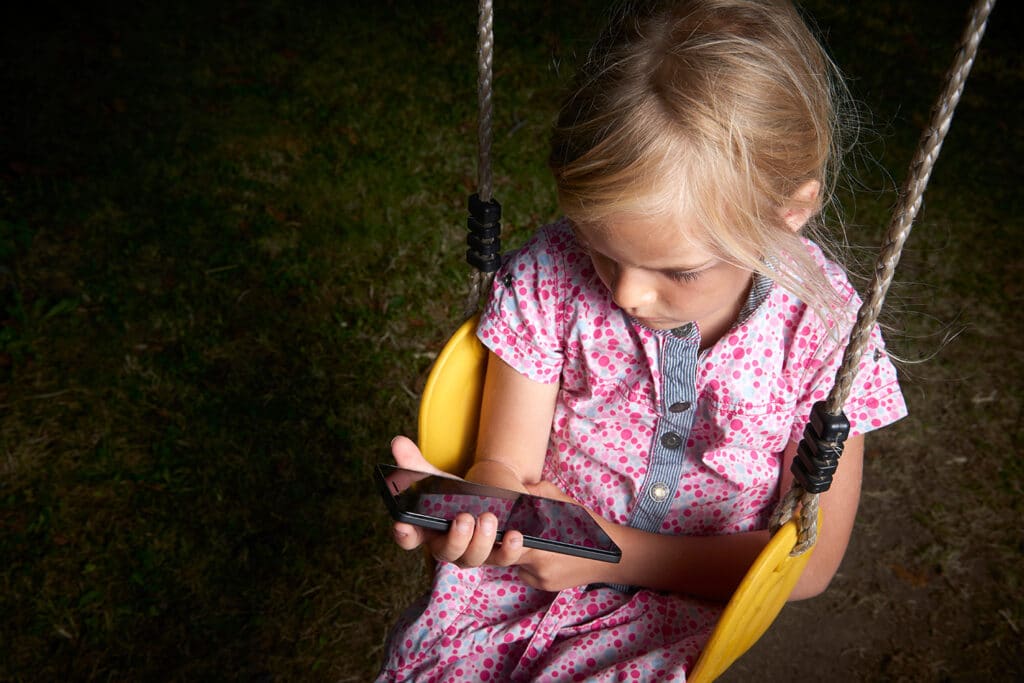
Social Media Dangers
Social media apps can (and do!) expose our kids to bullying, encourage obesity, interrupt sleep patterns, foster comparisons, and lead to damaging mental health disorders [11]—to name a few.
The best way to protect our kids from harm is to educate ourselves about the risks.
The fundamental purpose of every child’s development is to make sure children develop socially, physically, and morally.
—Dr. Naomi Agyepong, Director of Operations, Alpha Beta Education Centres
For these reasons, introducing a safe device without the internet or social media apps can provide a gradual Tech in Steps™ experience tailored to a child’s age and maturity level.
Parental Controls on Social Media Do Not Work
Many social media apps include age ratings, but they are arbitrary, under-enforced by platforms, and misleading parents regarding the safety they can expect. They don’t help protect kids.
Children may lie about their age to use the apps or use a family member’s account, making it hard to protect them from objectionable content. [1]
When settings were put to the test by researchers, all age groups could easily reach inappropriate or harmful content. [14]
Parents can’t be everywhere all the time to protect their kids.
This puts all the responsibility back onto parents, who can’t be everywhere 24/7 to oversee or protect their children from online harm.
Misleading and inadequate social media privacy controls are difficult to combat when parents are also dealing with limited time, insufficient access, or few resources at their disposal. [14]
Social media companies have consistently shown systemic disregard for privacy and security protections. [1]
Knowing about these issues doesn’t inspire confidence that our children can be kept safe.
We cannot trust social media to protect our children but rather should plan on them being exploited.

Social Media Has Addictive Effects
Because of how the brain works, social media is physically and mentally *addictive. [13]
Even talking about yourself on social media activates the same part of the brain that ignites when taking an addictive substance. [13]
Facebook has . . . hidden its own research on addiction and the toxic effects of its products. It has attempted to deceive the public about what it knows, and it has weaponized childhood vulnerabilities against children themselves.
—Richard Blumenthal (D-Connecticut), US Senator
Young children are at even greater risk for harm due to their still-developing brains and emerging social skills.
*Although problematic screen time and social media use are not yet categorized as behavioral addictions, the emerging research and anecdotal evidence indicate that it is soon likely to be classified as addictive.
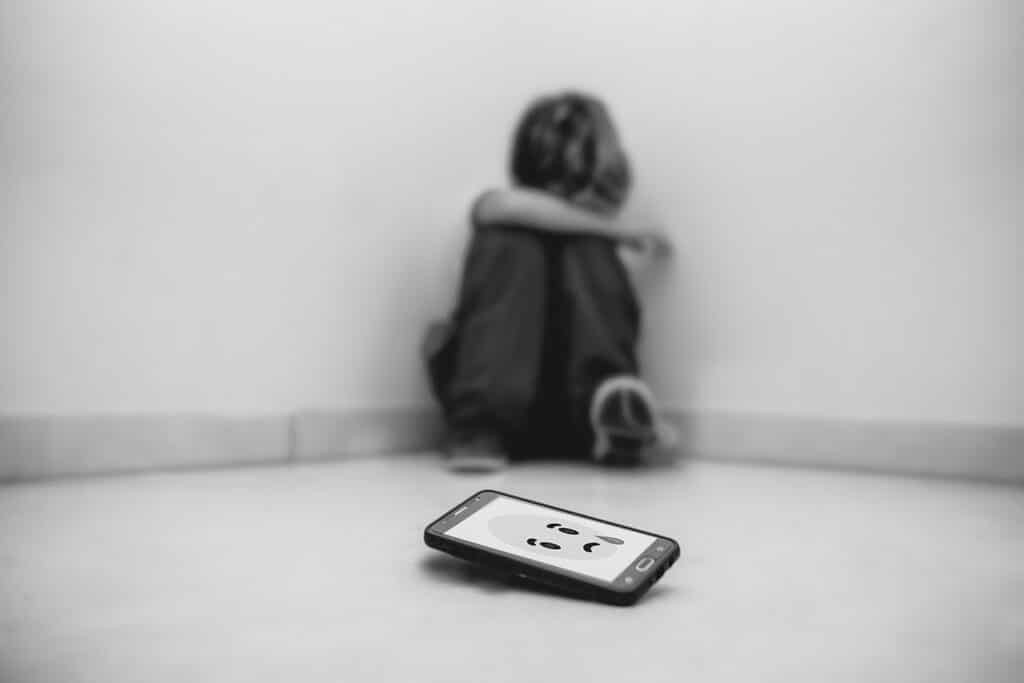
Social Media Encourages Exploitation
Not only are our children left unprotected on social media, but their physical, mental, and emotional development is compromised and exploited to promote growth and profit.
The truth is that Facebook, YouTube, TikTok, and other companies are looking for continual growth. Tapping the elementary school set helps ensure a stable of new users who will graduate quickly to the platforms’ most profitable properties.
Social media companies see our young children as an untapped “lucrative market”. [1]
Facebook researchers recently observed young children ignoring their newest app during playdates to interact with other kids.
Rather than encourage this healthy behavior, Facebook plans to create more products for this “valuable but untapped audience” that “can’t be ignored”. [5]
Social media uses our children to drive growth and profit.
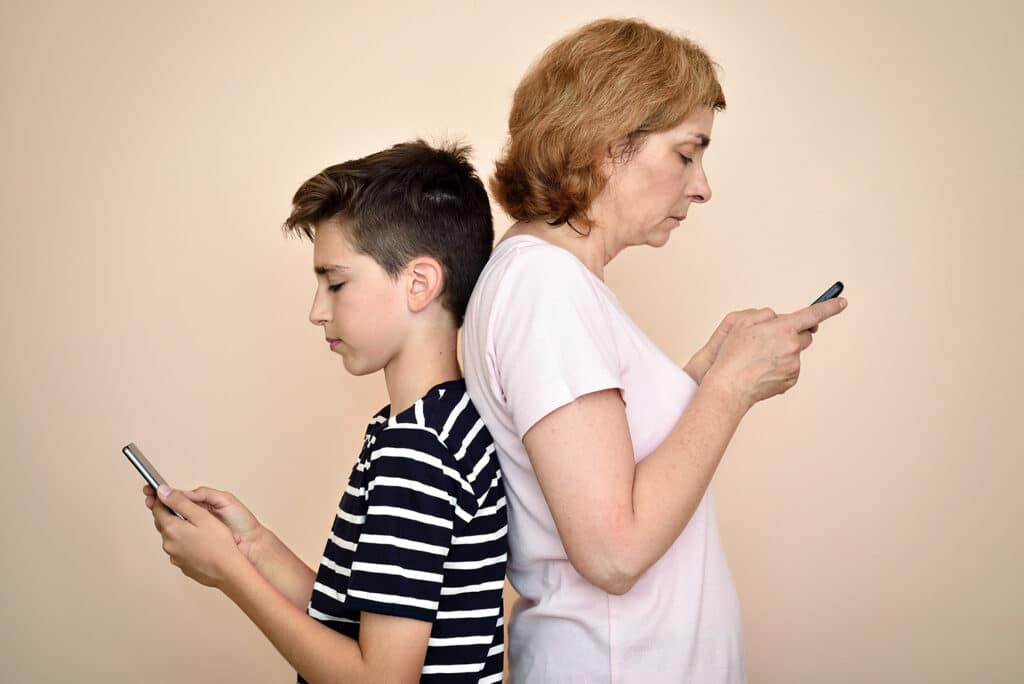
Social Media Damages Relationships
While social platforms can provide positive connections, they can also encourage hate, foster extreme biases, and disseminate misinformation freely.
These are influences that young children would have difficulty recognizing as dangerous. [1]
Further, children who habitually use social media from a young age have severely stunted social interaction skills, worsened social anxiety in groups, higher rates of depression, higher incidence of negative body image, and lowered levels of empathy and compassion toward others. [13]
Social media makes it easy to compare oneself to another. Most people put on social media what they want you to see . . . that can be very hard for kids.
—Kate Eshleman, PsyD, Center for Pediatric Behavioral Health, Cleveland Clinic Main Campus
A recent Harvard University report found that social media has a “detrimental effect on emotional well-being and . . . negatively impacts real-life relationships and academic achievement”. [13]
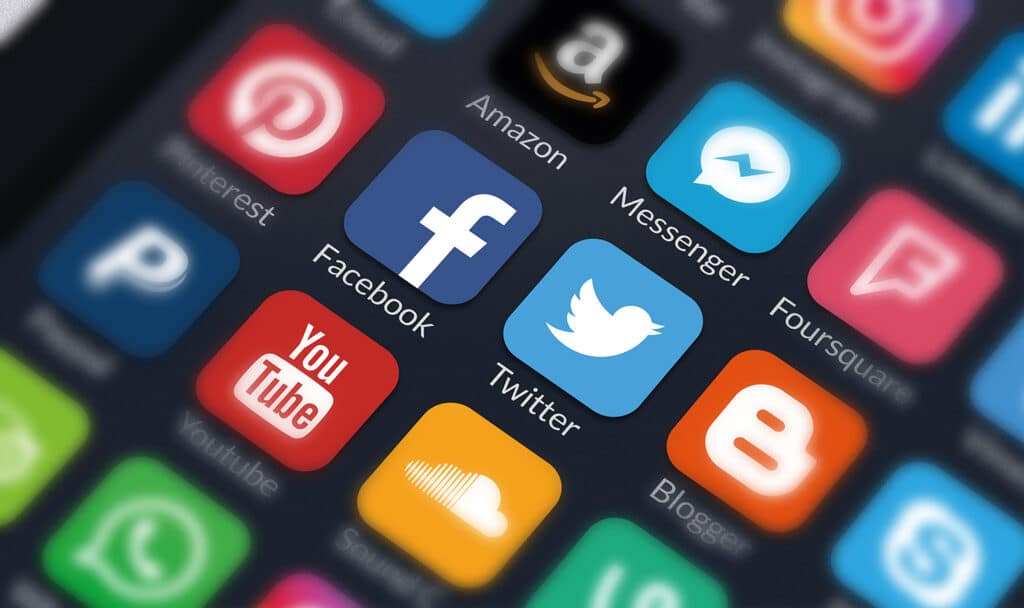
Social Media Apps for Younger Users Are Harmful
Although some apps are designed for younger children, they have not been tested to see if they are safe. Experts recommend avoiding them.
Early social media use is detrimental
Using social media at a young age can dramatically impact brain development, [9] have detrimental effects on digital behaviors, compromise physical well-being, and harm the cognitive functioning of young kids. [8]
27% of children who spend 3+ hours on social media exhibit symptoms of poor mental health.
Typically, apps geared toward youth encourage children to gravitate toward the corresponding adult version of the apps—where the “cool, adult stuff happens” to “hook ‘em young”. [1]
Young kids gravitate toward the original apps
A recent poll showed that 81% of kids aged 11 or younger still watch videos on YouTube, with 35% regularly watching despite the existence of YouTube Kids and frequent encounters (61%) with unsuitable content. [12]
Clearly, apps geared toward the very young aren’t the solution.
Which Social Media Platforms Target Young Kids?
While no list is comprehensive, below are some harmful social media apps to avoid for young children.
What Age is Right for Social Media?
Although most social media apps require users to be at least 13 years old, younger kids are not deterred from using them. Even maturity is not always a good indicator of readiness.
The American Psychological Association explains that a developing brain does not process social media “likes” and comments in the same way an adult brain does because adults have a “fixed sense of self”. [17]
A recent poll showed that 50% of 10-12s and 33% of 7-9s use social media apps.
—Kate Eshleman, PsyD, Center for Pediatric Behavioral Health, Cleveland Clinic Main Campus
Ads are designed to manipulate kids
Even if kids use pared-down versions of adult apps, they can still be hit with targeted advertising and fall prey to data collection schemes—just like everyone else. [1]
With the children’s app space being referred to as the “Wild West”, parents might not realize that apps geared toward young children are “littered with ads”. [3]
In a recent study reviewing over 100 popular Google Play apps aimed at kids under 5, researchers found numerous ad types classified as “manipulative,” “deceptive,” and “disruptive”. [3]
This trend was especially prevalent with free apps, as these are downloaded more frequently and include significantly more ads. [3]
Harmful access
While 33% of kids ages 5 to 7 have [access to] at least one social media account and 60% of kids ages 8 to 11 own an account, [4] the data clearly shows that social media access can have detrimental effects on children of any age.
Instagram, in particular, is a hub of youth anxiety and mental health problems.
—Greg Bensinger, Times Opinion, Columbia University, 2020
Social media outlets expose children to numerous threats, including online grooming, cyberbullying, privacy threats, scams, and malware attacks.
Even if platforms boast positive benefits, they can still create unhealthy habits and impact our children’s social-emotional development.
Tips for Parents: Social Media Alternatives
Remember to be patient with yourself. Going against the norm of allowing kids access to “everything social media” is difficult for any parent.
The good news is that social media use is a choice that parents and children can make together at any time.
For a helpful guide on improving your family’s digital health, visit the Start website.
To receive additional support, better understand the nuances of social media, and discover helpful parenting strategies backed by research, visit Gabb Family Resources.


